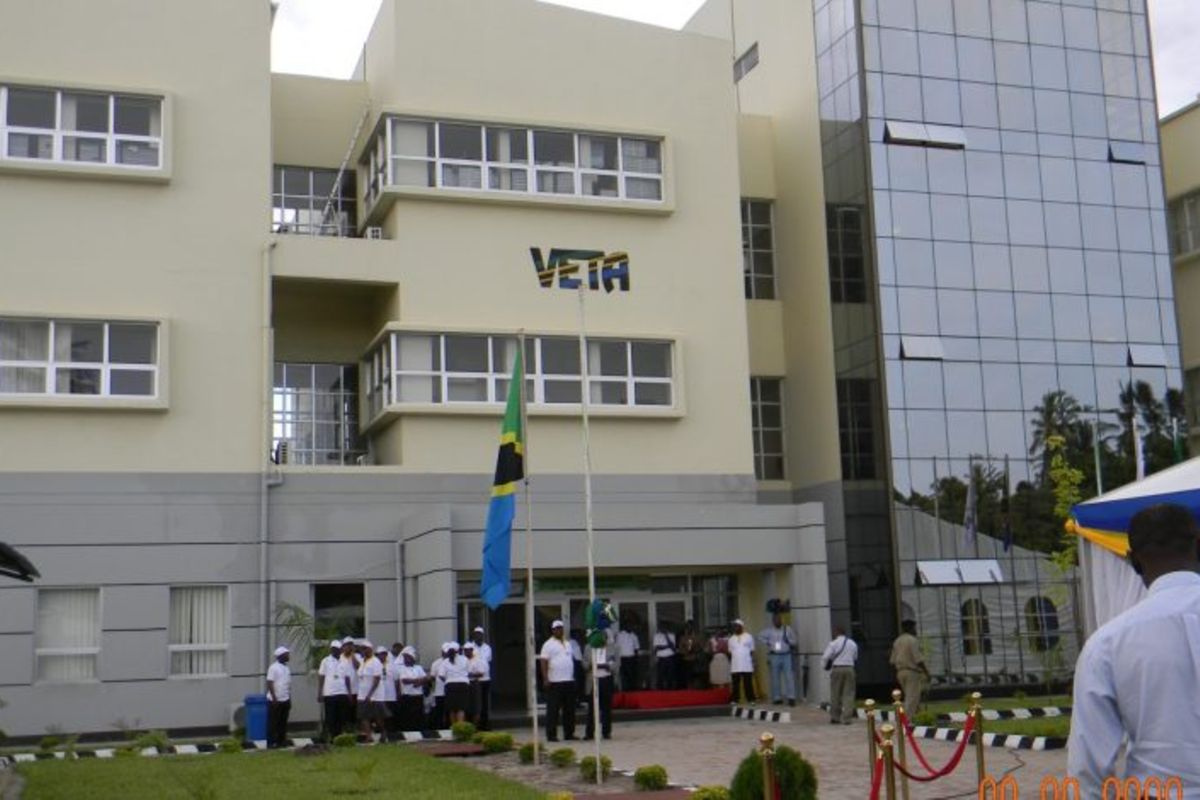By Omukami Howard, Winfred Kithinji and Winston Massam
Bridging the gap between theory and practice is essential in shaping education programmes. Vocational training institutions offer a unique opportunity to observe firsthand how this is done.
Together with master’s students from the Aga Khan University’s Institute Educational Development, East Africa (AKU IED, EA), we went on a study tour to the Vocational Education and Training Authority (VETA) in Dar es Salaam.
We knew we were in for a treat, but the reality far surpassed our expectations.
VETA Dar es Salaam is Tanzania’s top vocational training school. It has an annual student base of 1,500 for the longer programmes courses and 6,000 for the short courses.
Students can choose from eight main fields of study: automotive engineering, mechanical engineering, civil engineering, printing, electrical engineering, fashion design, IT, and other related subjects.
Our goal was to delve into the experiential teaching of digital literacy, curriculum alignment, assessment practices, and gender equity within the institution.
Armed with questionnaires, interview guides, and observation checklists, the students were ready to immerse themselves in the VETA experience.
Meeting Mr Joseph Mwanda, the institution’s head, was an important lesson in leadership to the cohort.
His passion for experiential training was infectious, and his leadership style, characterized by openness, accessibility, and a deep connection with his students, was energizing.
It was evident that his commitment to creating a supportive learning environment was the bedrock of VETA’s success.
The students were equally impressed. They were amazed at the discipline and commitment of the trainees despite the large number.
The Registrar’s Office led by Ms Ziada and Ms Bahati said the institution’s culture was key on setting the right foundations upon admission, with continuous sensitization on contemporary issues such as entrepreneurial skills, drug and substance abuse, mental wellness and life skills.
From day one, trainees are instilled with a sense of purpose and responsibility. This, combined with a well-structured curriculum and hands-on training, fosters a high level of engagement and achievement.
Witnessing the synergy between theory and practice at VETA was inspiring. The tutors’ expertise and dedication were palpable.
The way they guided their students through practical exercises, fostering peer learning and problem-solving, was a masterclass in effective pedagogy.
The well-equipped workshops and laboratories provided the perfect environment for students to develop real-world skills in a competitive job market.
VETA’s success in teaching students starts with dedicated tutors who work together to share their best practices.
They combine classroom learning with lots of hands-on practice in well-equipped workshops. To gain even more experience, students also have the chance to work in real companies as part of their training.
Beyond the technical aspects, it was the human element that truly resonated with us. The joy and camaraderie among the students and staff were contagious.
It was clear that VETA has created a community of learners where everyone felt valued and supported.
Our visit to VETA was more than just a study tour. It was a transformative experience that challenged our assumptions and expanded our understanding of vocational education and experiential learning.
At VETA, we vividly saw how theory is authentically translated into practice, a signature modus operandi central to all AKU IED, EA programs.
As educators, we have a responsibility to prepare our students for the ever-evolving world of work.
VETA has shown us a model of excellence that we can strive to emulate.
The authors Omukami Howard, Winfred Kithinji and Winston Massam are faculty at the Aga Khan University, Institute for Educational Development, East Africa. Any opinions expressed are solely those of the writers
















